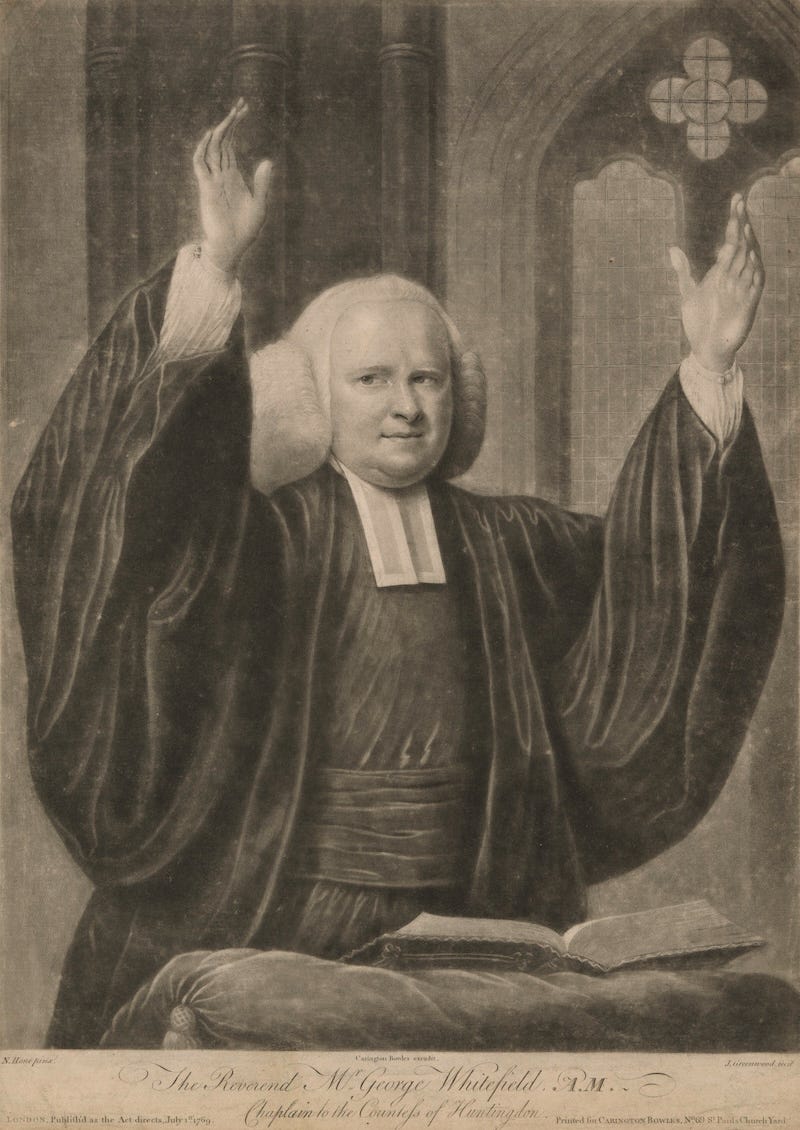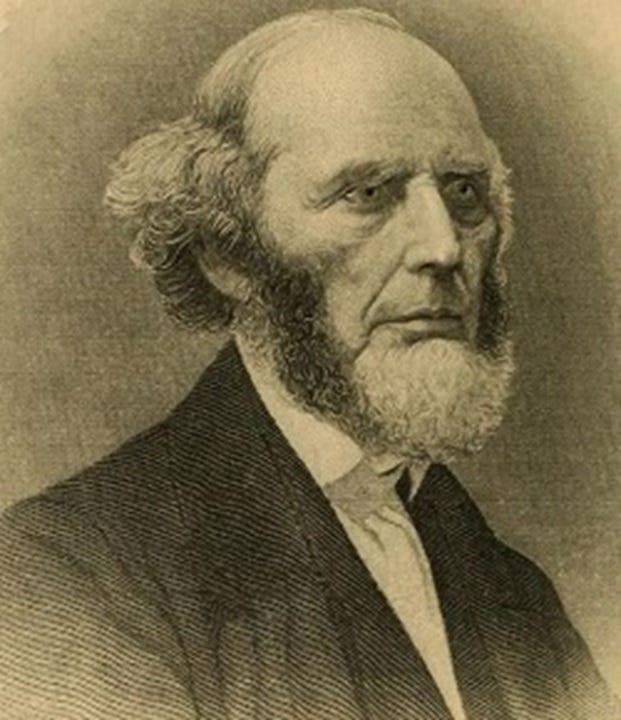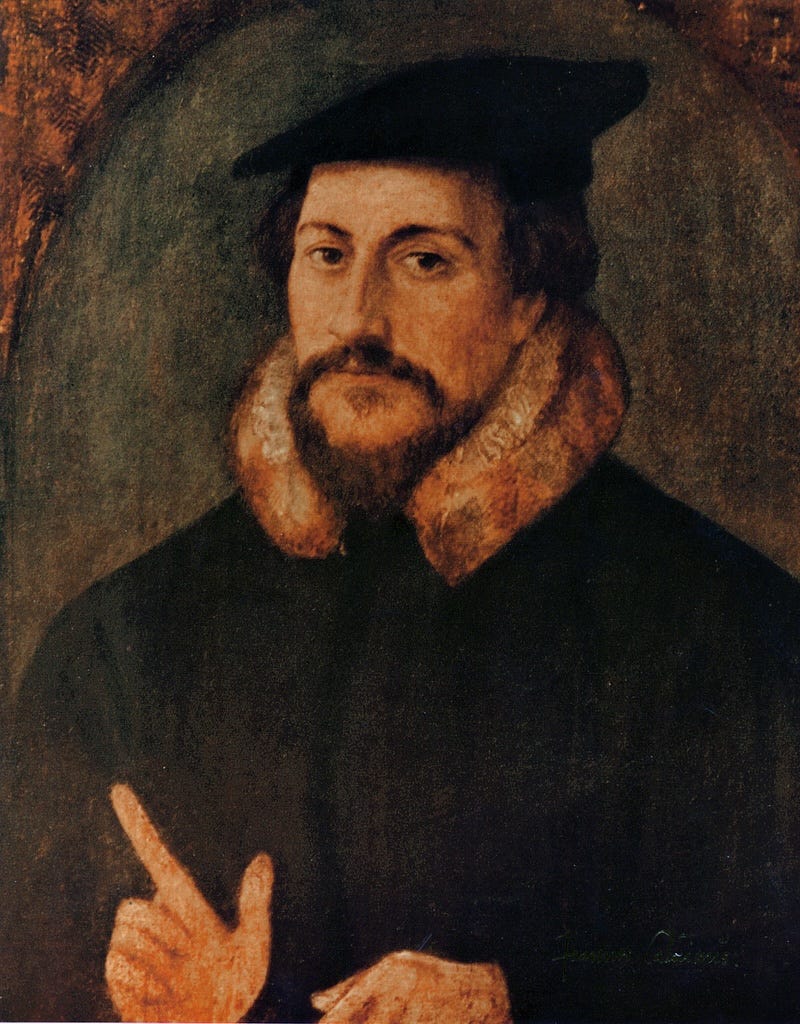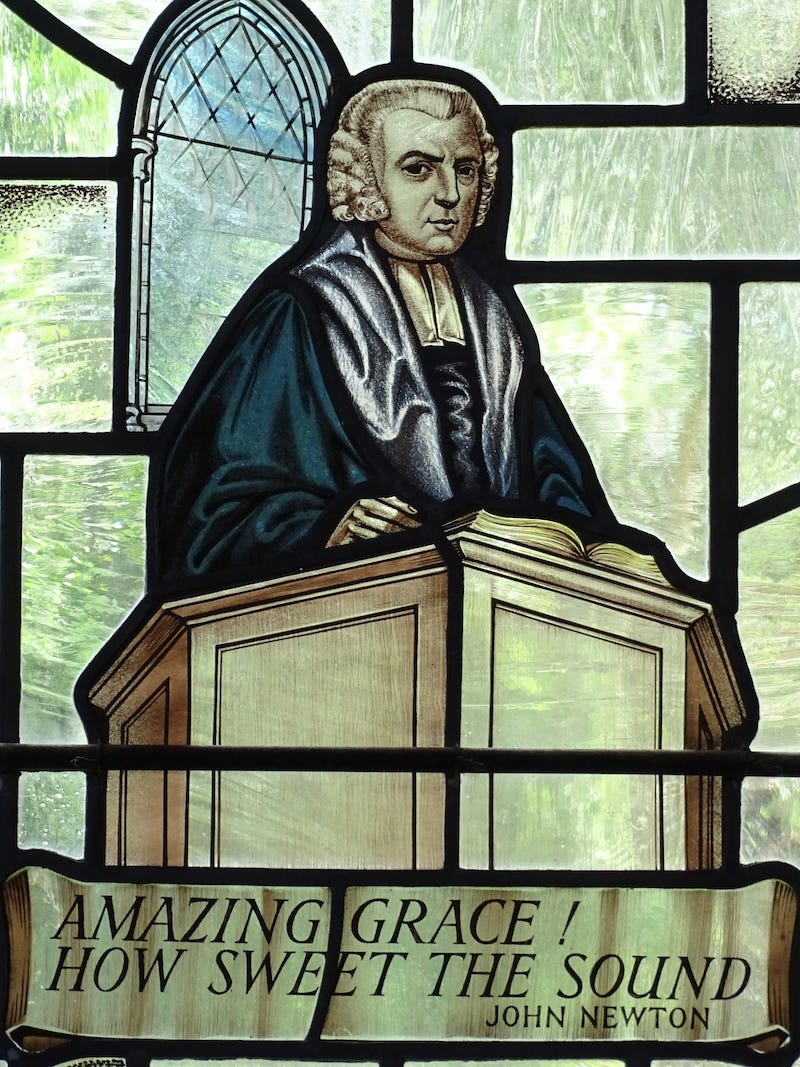Whose fault is it?
Why is the United States still struggling with racism- 250 years after its birth?
It’s been said that slavery is America’s original sin. Like Adam’s initial rebellion, slavery is a sin that permeates the lives of everyone who lives in the United States. One of the ways this sin continues to influence our culture is through racism against people of non-European descent.
But why is this still a problem today, nearly 250 years since the founding of a nation built on the principle that “All men are created equal?”
I’ve been thinking about this lately and have discovered several potential reasons for this enduring problem.
Maybe it’s Christianity’s fault
Some people like to claim that the United States was founded as a Christian country. I first heard this a few decades ago, with the rise of the Moral Majority. More recently, I’ve heard this claim from the MAGA movement. Both quote the Founding Fathers in support of this claim.
Although that is a dubious claim historically (Jefferson isn’t the only Founding Father whose embrace of Christianity is questionable at best), it’s hard to deny the connection between the founding of the United States and the First Great Awakening.
The First Great Awakening was a movement within Christianity that encouraged personal commitment to Jesus. People like George Whitfield and John Wesley traveled throughout the 13 original colonies, inviting people to the Christian faith.
This individualistic view of Christianity led many to break from the institutional view of authority in the church (from the Church of England). This questioning of authority easily led to a questioning of the authority of the King of England. And out of this thinking came the American Revolution.
With so many people encountering (or re-encountering) Christianity, why didn’t this result in the freeing of enslaved people from Africa? Why didn’t this lead to white Christians understanding that their enslaved black neighbors were created in the image of God, as they were, and to confront their white supremacy? Why didn’t the First Great Awakening solve America’s original sin in the beginning?
If the United States was founded as a Christian nation, why didn’t slavery and racism end at that time? Was it something inherent in Christianity that perpetuated this sin?
Maybe it’s Calvin’s fault
Not long after the American Revolution, the Second Great Awakening swept the new country. This was very different than the first in that its focus was on the means to generate a revival.
Preachers in this revival believed they could create revivals by incorporating different elements into their meetings. Have you ever been to a church that had an “altar call?” That’s one of the means born out of the Second Great Awakening to encourage personal encounters with God. One of the biggest proponents of this new means of revivals was Charles Finney. He was famous for his ability to create revivals during the Second Great Awakening.
Eventually, Finney sought to become a Presbyterian pastor. If you’re not familiar with Presbyterianism, this meant he had to appear before a committee of other pastors for approval to become a pastor. One of the requirements for becoming a Presbyterian pastor was to consent to the Westminster Confession of Faith- a summary of what Presbyterians believe the Bible teaches.
The Westminster Confession of Faith is a summary of how people in the Reformed theological tradition believe the Bible teaches. His Reformed tradition originated with John Calvin. His theology was one of the prominent branches of Protestant theology shortly after the Reformation. Calvin’s theology did more than create the Protestant Work Ethic. This branch of theology eventually found its way into England. From there, it found a home in Scotland. Next, Scottish immigrants brought it to the United States as Presbyterians.
A distinctive of Reformed theology is a focus on the Doctrines of Predestination. This meant that anyone who was “saved” was previously predestined to salvation. This was in stark contrast to the theology of the Second Great Awakening, which focused on creating revivals through human effort- rather than God’s will.
So, when asked if he agreed with the beliefs in this document, Finney answered, “So far as I’ve read it.” That’s not a particularly strong commitment to these documents- or to the theology of John Calvin. Many similar revivalists more directly objected to this branch of theology. The most famous of these was Lyman Beecher.
Why did those rejecting the theological framework of John Calvin promote abolition? Is there something about Reformed Theology that perpetuated slavery, racism, and white supremacy? Is this Calvin’s fault?
Maybe it’s America’s fault
The slave trade was an international effort. Many (if not all) European nations believed in their own superiority and participated in this despicable trade. In fact, in an early draft of the Declaration of Independence, Jefferson justifies independence by blaming England for enslaving Africans.
Although many enslaved people came to the Americas thanks to British slave-traders, Americans have to come to terms with another fact of history: Britain abolished slavery 30 years before the United States.
The story of the abolition of British slavery cannot be told without telling the story of John Newton. Newton was a captain of a ship that transported enslaved Africans all over the British Empire. Eventually, he was confronted by his sin in an encounter with God and repented of his trade, becoming a pastor in the Church of England. No wonder the most famous song he ever wrote claimed God “saved a wretch, like me.”
Over many years of resisting the slave trade, he was nearing the end of his life when one of his closest friends, William Wilberforce, was able to convince the British government to abolish slavery in 1834.
Meanwhile, this nefarious institution continued in the United States for several more decades. Even after people were emancipated in the United States, racism and white supremacy continue to this day. Maybe there’s something inherently American that perpetuates these evils?
Maybe it’s the Bible’s fault
I think most people would agree that the Bible is the most influential document for English-speaking people- even if you don’t believe a word of it.
Near the middle of the 18th century, some scholars began questioning the Bible. This new line of scholarship began to investigate the Bible’s text and claims from a more objective perspective. Abandoning the “primitive” belief in a God intervening in the world (or even in God’s existence), they began to read the Bible through new, critical eyes.
This led some scholars to pivot away from the authority of the Scriptures. As these scholars taught future pastors, these ideas began to spread in churches, and the Bible lost its authority there as well.
Some tried to reconcile the Bible with universal truths, taught across all religions, such as the Golden Rule: to treat others as you would have others treat you. As churches moved in this new direction, they began to apply these principles to the incipient racism they encountered. Consequently, some joined the Civil Rights movement to fight against it in love. After all, God is love.
Meanwhile, other Christians began to defend the Bible- not only as an authority but also as inerrant (without error). Thus, the conservative/liberal debates of the 20th century were born, with Fundamentalists defending the Bible.
While defending the Bible, some Fundamentalists confused their cultural biases with the Bible. Consequently, some Fundamentalists started to protect their cultural biases, claiming support from their inerrant view of the Bible. This led some to defend white supremacy, segregation, and racism under the guise of protecting the Bible.
This was nothing new, of course. Over the centuries, Christians have used the Bible to defend and justify slavery, racism, hatred, segregation, and many sorts of evil. Maybe this is all the Bible’s fault?
Maybe it’s my fault
Now, the reasons I outlined above are merely overviews. There’s a lot more to be said about each of them. If I had more time, I could build a much more complete case for each of these reasons as a cause of racism in the United States. If you identify with any of these categories, don’t let my brief overviews of these issues allow you to rationalize out any of them as a source of the problem.
Even if this case is incomplete, I have to admit something: maybe it’s my fault.
After all, I’m not only an American Christian but also an adherent of Reformed Theology who believes in the authority (and inerrancy) of the Bible.
So why do I continue to associate with these groups, who have caused so much pain? How can I continue to believe in Christianity? How can I still hold on to Reformed Theology? Why still believe the Bible? Why am I still glad to be an American?
For one, part of my beliefs (stemming from my particular flavor of Christianity) is that I can be my harshest critic. I can admit that all these descriptors have caused generational pain and evil. I can admit this because I believe that I am a sinner whose only hope is the death and resurrection of Jesus.
This faith does not allow me to use these things to justify myself or my traditions as correct. Instead, I’m not surprised that we’ve caused so much harm. That’s not an excuse. That’s just the truth.
So, as someone who still dares to describe himself in categories that have caused so much harm, I now want to make them better. The first step to finding a solution is to admit where the problem lies- with me and the people who have (or still do) believe with me. Only by confessing our sins can we even begin the equally complex process of seeking a solution.
No, I don’t have a simple solution for any of these problems. However, I want to start by admitting where I (and my people) have started it.




